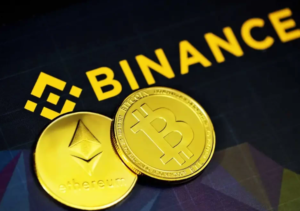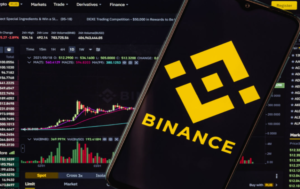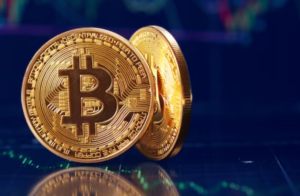$KOSPI $BTC $KRW
#SouthKorea #YoonImpeachment #MartialLaw #PoliticalCrisis #GlobalMarkets #AsiaStocks #KoreanEconomy #Geopolitics #MarketVolatility #CryptoMarket #Investors #EconomicStability
South Korea faces a wave of political and economic uncertainty as President Yoon Suk-yeol has been impeached following an unsuccessful attempt to declare martial law. Just one week prior, Yoon managed to narrowly avoid an impeachment motion after lawmakers loyal to his administration boycotted the vote. However, the worsening political crisis and public outcry have culminated in a decisive move by opposition lawmakers, deepening a governance vacuum in the country. Yoon’s efforts to impose martial law, reportedly to quell civil unrest, further exacerbated tensions and cast a shadow over South Korea’s democratic institutions. This development sends ripples through the financial landscape as foreign investors weigh the risks of political instability in a key Asian economy.
The South Korean stock market, represented by the KOSPI Index, reacted sharply to the news, falling over 3% in intraday trading as investors braced for heightened volatility. Many companies listed on the KOSPI—including export-driven conglomerates—are likely to face adverse impacts amid concerns that weakened governance could disrupt supply chains and investor sentiment. Notably, South Korea’s electronics and automobile industries, integral players in global trade, could see delayed production schedules and investment pullbacks. Meanwhile, the South Korean won ($KRW) experienced downward pressure against the U.S. dollar following the impeachment announcement, with traders seeking safer assets such as the U.S. dollar and gold. This depreciation highlights growing fears over economic instability, particularly as the nation needs steady leadership to navigate global headwinds like inflation and slowing economic growth.
In the crypto space, Bitcoin ($BTC) and other digital assets saw mixed reactions. On one hand, the increased uncertainty in the South Korean market led some domestic investors to exit high-risk assets, feeding minor selloffs in major cryptocurrencies. On the other hand, the decentralized nature of crypto appealed to certain risk-averse South Koreans seeking an alternative hedge against potential local currency decline. The crypto market’s overall movements, however, remained modest compared to the drastic corrections across South Korea’s equity and currency markets. This divergence underscores ongoing debates over crypto’s role as a financial asset during geopolitical turbulence.
For global markets, South Korea’s unfolding crisis is another factor contributing to investor anxiety in an already fragile environment marked by geopolitical conflicts and economic slowdowns. The country has long been viewed as a significant contributor to the stability of East Asia’s industrial and technological output. Unresolved political turmoil could spill over into global supply chains, particularly given South Korea’s role as a top semiconductor manufacturer. Analysts suggest that prolonged instability may heighten risk premiums for investments tied to emerging markets in Asia, further straining portfolios and adding new headaches for institutional investors worldwide. Many will now look to developments in South Korea’s judiciary and parliament to restore credibility and direction, while global stakeholders assess broader economic implications.










Comments are closed.